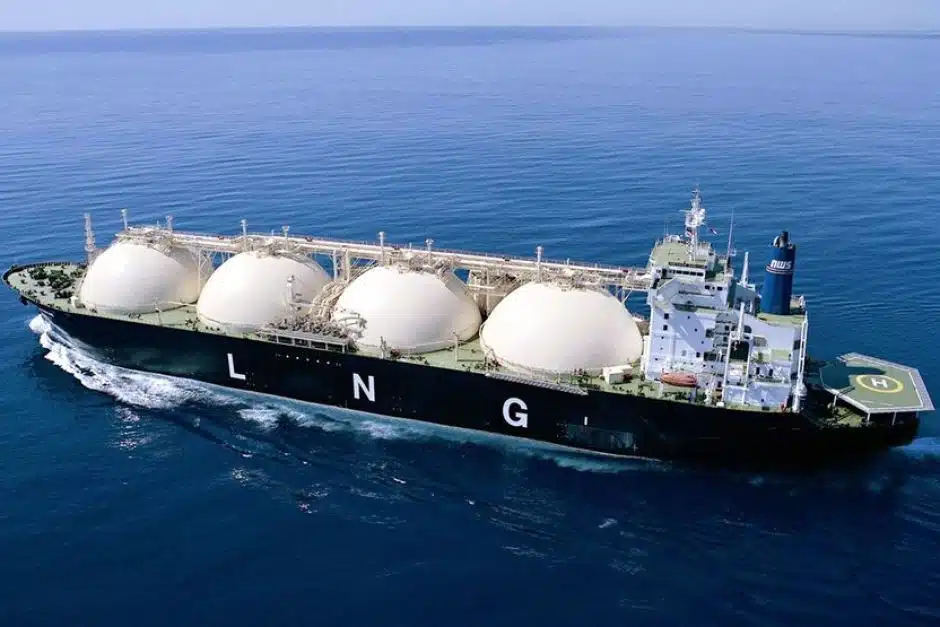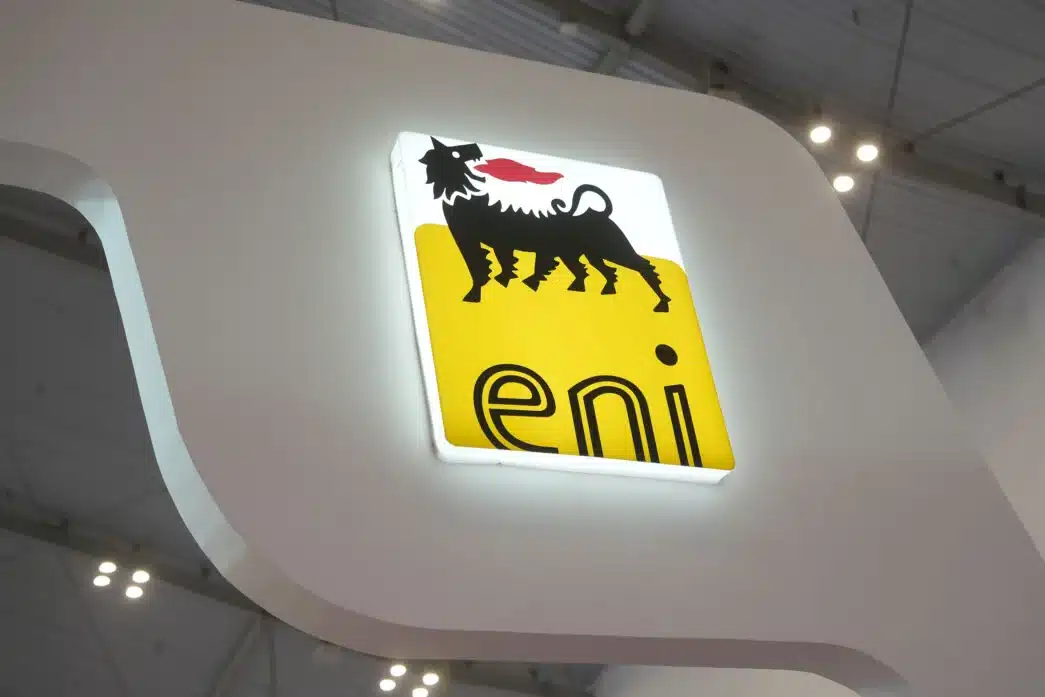Nigeria faces growing economic concerns following the decision by the Organization of the Petroleum Exporting Countries and its allies (OPEC+) to increase oil production by 411,000 barrels per day (bpd) starting in May 2025.
This unexpected move has already led to a significant drop in global oil prices, intensifying fears of revenue shortfalls for Africa’s largest oil producer.
On April 3, 2025, OPEC+ announced plans to raise output by 411,000 bpd, tripling the initially planned increment of 135,000 bpd.
Major producers, including Saudi Arabia, Russia, the United Arab Emirates, and Kuwait, are leading this effort.
The group cited “healthy market fundamentals” and a “positive market outlook” as reasons for the increase.
The announcement coincided with U.S. President Donald Trump’s new baseline tariffs implementation, including a 14% levy on Nigerian exports, excluding oil and gas.
Recall, last year, eight OPEC+ countries namely Saudi Arabia, Russia, Iraq, UAE, Kuwait, Kazakhstan, and Algeria, announced voluntary adjustments.
Beginning next month, these countries will implement a gradual and flexible release of 41,000 bpd of oil beginning equivalent to three monthly increments.
The eight OPEC+ countries will hold monthly meetings to review market conditions, conformity, and compensation.
These developments have collectively triggered a sharp decline in oil prices. Brent crude fell over 6% to below $70 per barrel, while West Texas Intermediate dropped to $66.25 per barrel, marking a seven-month low.
The price of OPEC basket also fell by over 2.5% from $75.35 a barrel on Thursday, compared with $77.44 the previous day.
For Nigeria, which relies heavily on oil exports for government revenue and foreign exchange, the combination of increased global supply and declining prices poses significant economic challenges.
The nation’s 2025 budget is predicated on a certain oil price benchmark and a sustained drop below this threshold could lead to revenue shortfalls, affecting public spending and economic stability.
Moreover, Nigeria’s recent efforts to comply with OPEC production quotas have seen fluctuations.
In March 2025, the country’s oil output dropped by 50,000 bpd to align with OPEC’s tightened quotas, maintaining an average production of 1.5 million bpd.
Bloomberg reported that the production cut follows delays in loading Bonny Light crude due to the recent explosion at the Trans-Niger Pipeline, a critical infrastructure for Nigeria’s crude exports.
However, with OPEC now increasing overall production, Nigeria may face pressure to adjust its output accordingly, further complicating its economic outlook.
Analysts warn that the dual impact of OPEC’s supply hike and escalating trade tensions could exacerbate market volatility.
Goldman Sachs has already revised its oil price forecasts downward, citing concerns over increased OPEC+ supply and potential global recession triggered by trade disputes.











